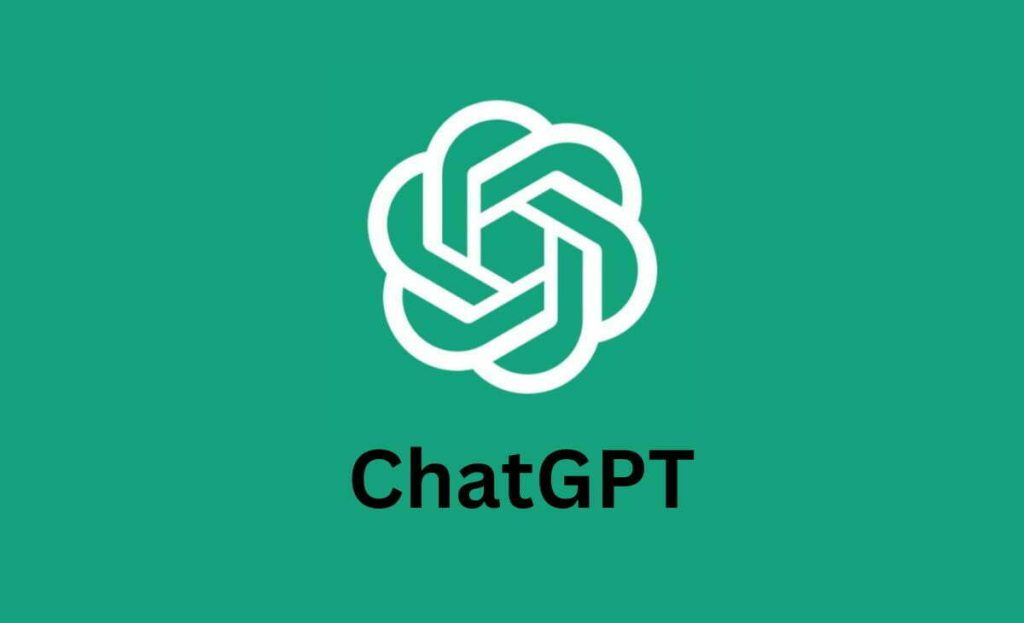AI traffic wars: ChatGPT dominates, Gemini and Claude lag behind
From 500 million weekly users to crushing Chegg and Quora’s traffic, ChatGPT’s lead in the AI space is now so vast it may be uncatchable.

ChatGPT has cemented its position as the world’s leading AI assistant, racking up 5.5 billion visits in May 2025 alone—roughly 80% of all global generative AI traffic. That’s more than the combined total of Google’s Gemini, DeepSeek, Grok, Perplexity, and Claude—doubled.
With over 500 million weekly active users and a mobile app attracting 250 million monthly users last autumn, ChatGPT has become the default AI tool for hundreds of millions globally.
Despite a brief dip in early 2025, OpenAI quickly reversed course. Its partnership with Microsoft helped, but ChatGPT works well for the average user.
While other platforms chase benchmark scores and academic praise, ChatGPT has focused on accessibility and usefulness—proven decisive qualities.
Some competitors have made surprising gains. Chinese start-up DeepSeek saw explosive growth, from 33.7 million users in January to 436 million visits by May.

Operating at a fraction of the cost of Western rivals—and relying on older Nvidia chips—DeepSeek is growing rapidly in Asia, particularly in China, India, and Indonesia.
Meanwhile, despite integration across its platforms, Google’s Gemini lags behind with 527 million visits, and Claude, backed by Amazon and Google, is barely breaking 100 million despite high scores in reasoning tasks.
The broader impact of AI’s rise is reshaping the internet. Legacy platforms like Chegg, Quora, and Fiverr are losing traffic fast, while tools focused on code completion, voice generation, and automation are gaining traction.
In the race for adoption, OpenAI has already won. For the rest of the industry, the fight is no longer for first place—but for who finishes next.
Would you like to learn more about AI, tech and digital diplomacy? If so, ask our Diplo chatbot!
